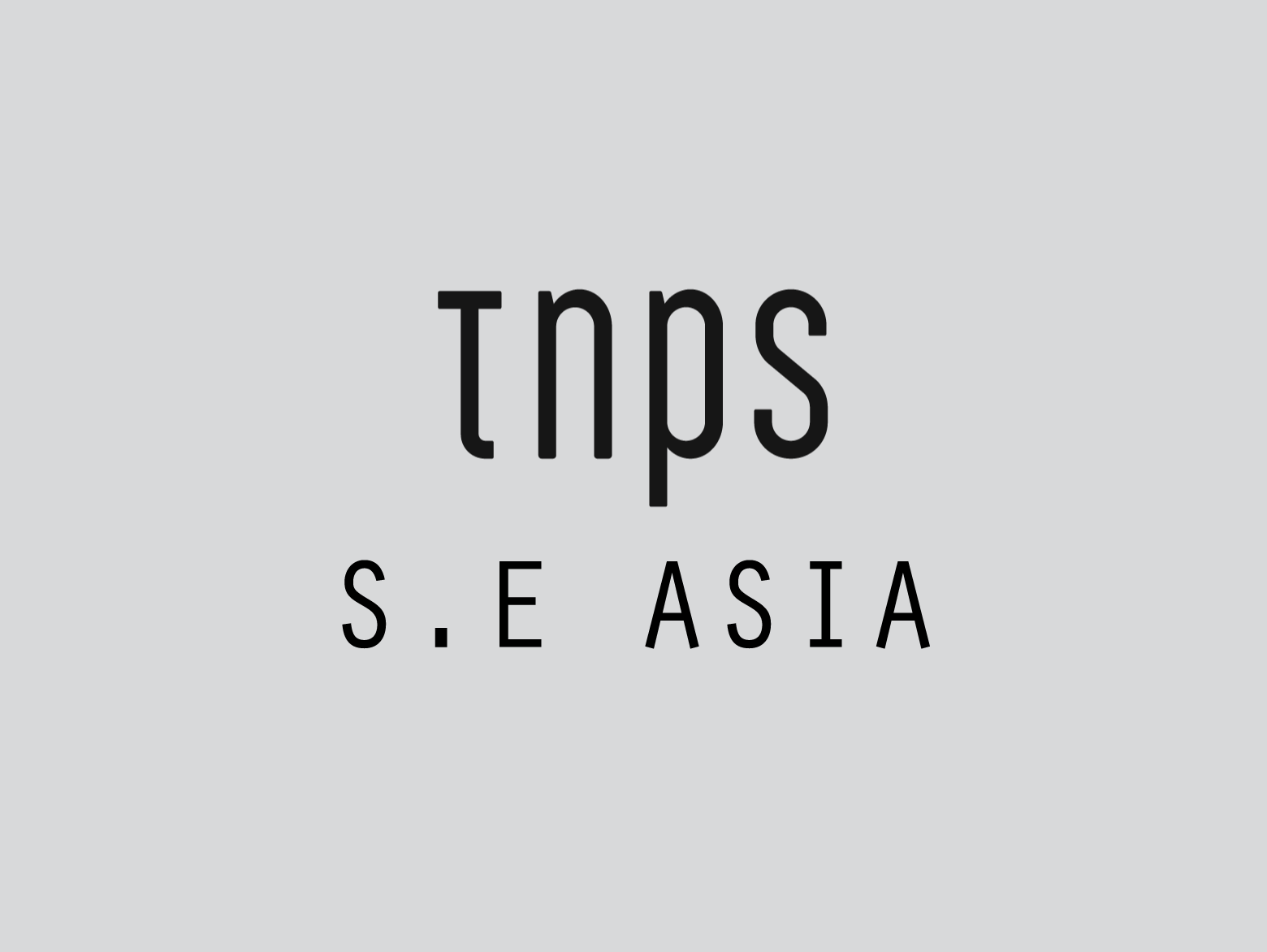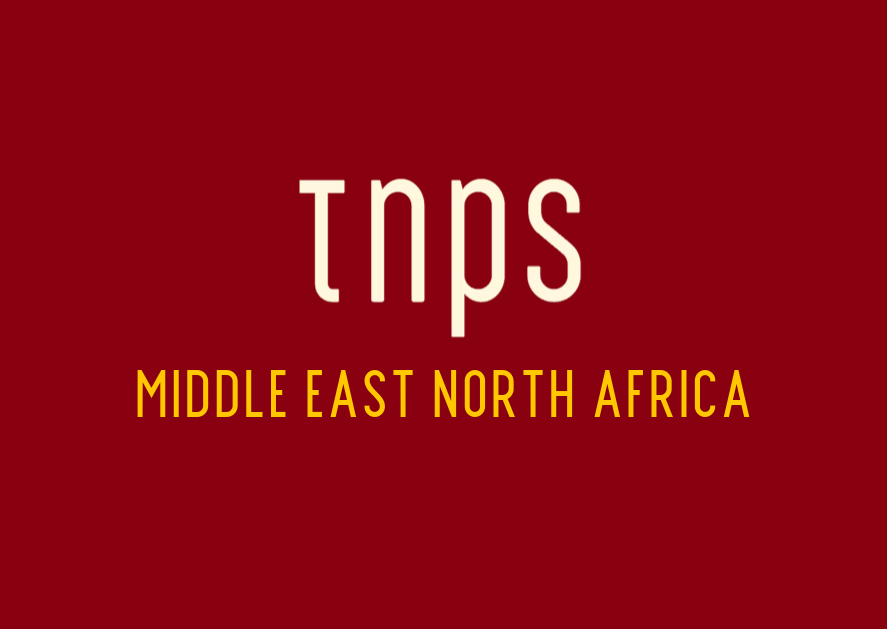Since 2012 Malaysia has been issuing book vouchers to students to help with the cost of educational materials.
The original vouchers, BB1M, were worth RM200 and were exchangeable by students at any bookstore, book fair or book festival, but some students were exchanging them for cash, so in 2017 the government changed its approach.
The new voucher, now worth RM250 came in the form of a Mastercard debit card, Baucar-Kad Diskaun 1Malaysia (KADS1M), issued in conjunction with Bank Kerjsama Rakyat Malaysia Bhd, the idea being the students would pop along to the bookstore or fair and use the debit card to spend the money on educational materials.

Image via The Malaysian Reserve
But as The Malaysian Reserve (TMR) reports, that didn’t happen, and book revenue dropped 20% as students realised it was even easier than before to spend the money on things other than books.
Ishak Hamzah, president of the Malaysian Book Publishers Association, told TMR
Only 2% of KADS1M were used at bookstores since its implementation … Established publishers who usually recorded around RM400,000 to RM600,000 of sales through book voucher transactions during book festivals, only gained an average of RM10,000 during 2017’s Kuala Lumpur International Book Fair.
This in turn impacted on the Kuala Lumpur Book Fair itself. The KLIBF, which typically gets over two million visitors, saw only 1.8 million pass through its gates last year, making Malaysia one of the few countries where book fair footfall dwindled.
MPH Bookstores Sdn Bhd COO Donald Kee told TMR the chain saw a 20% drop in revenue following the introduction of the debit card, compared to a 50% increase when the original BB1M was introduced in 2012.
National Book Council of Malaysia director Abdul Wahab Ibrahim has requested the government introduce some sort of control to ensure the book allowance is actually spend on books, but as yet no remedial measures are planned.
We had proposed a digital wallet system to be developed, which students can only use it in bookstores or at book fairs, but the government was not in favour of the suggestion.
While government support bolsters educational publishing and bookstores, it is at the bookfairs, bookfests (July), many smaller festivals and the December Big Bad Wolf mega-sale (4.5 million books offered in 2017) where Malaysians buy their popular reading material at great discounts.
Digital could replace that in time, but as yet neither Amazon, Apple nor Nook offer ebooks in Malaysia, so the options are limited, and there are no indications that will change any time soon.
For the digital players that are there – Google Play, and eSentral – a great opportunity is being thwarted by the small volume of low-cost content from indies that make Amazon’s Kindle store so attractive elsewhere.





